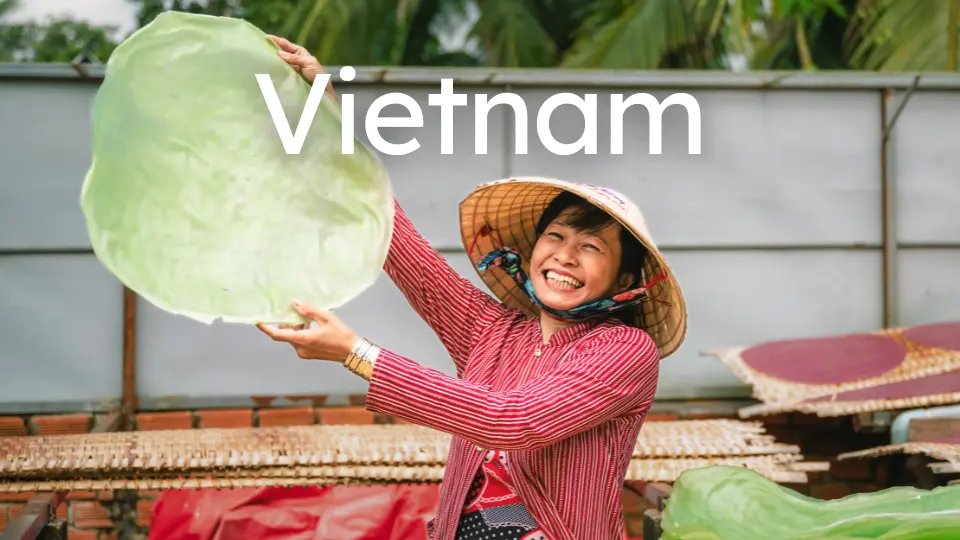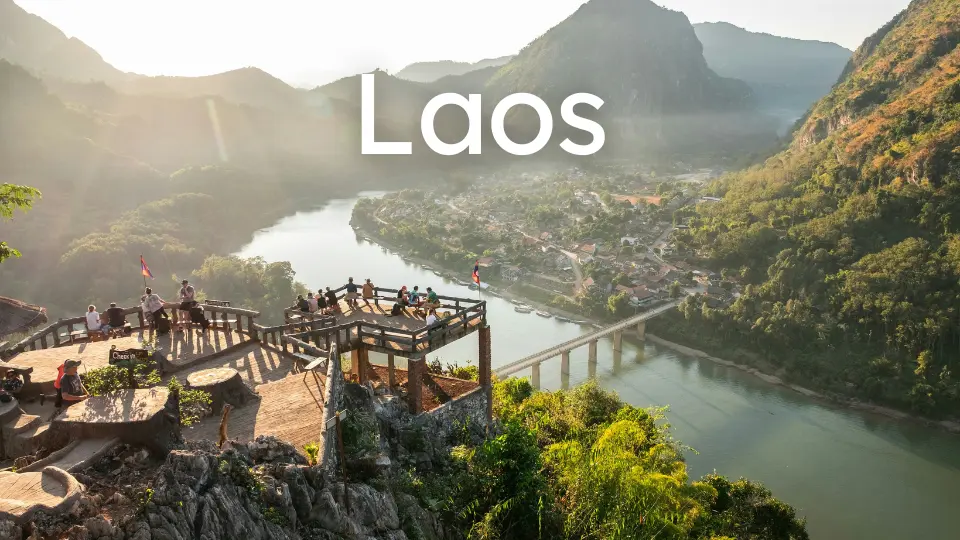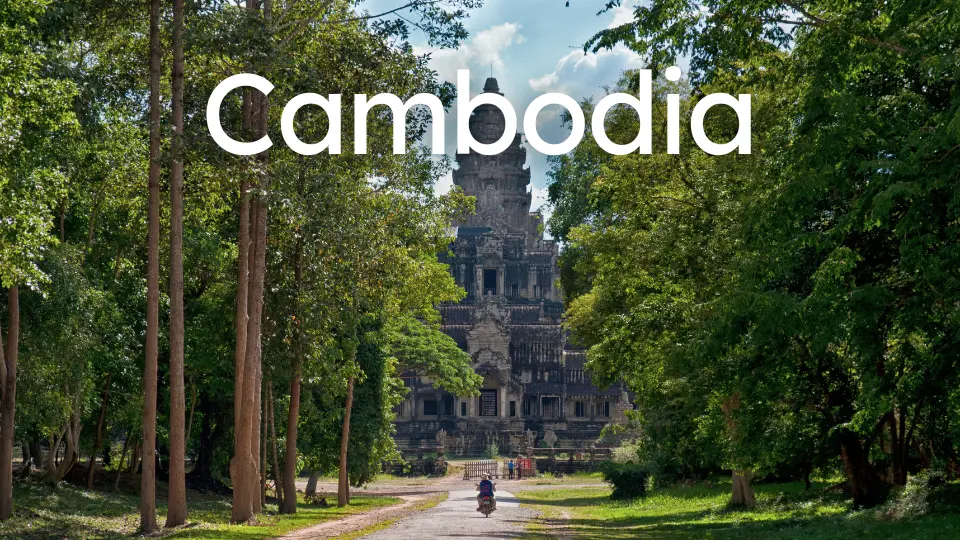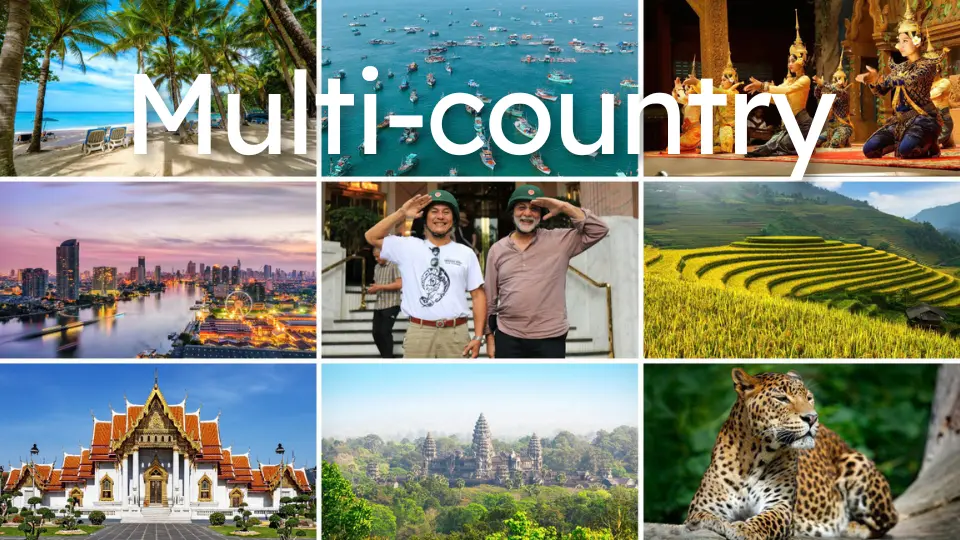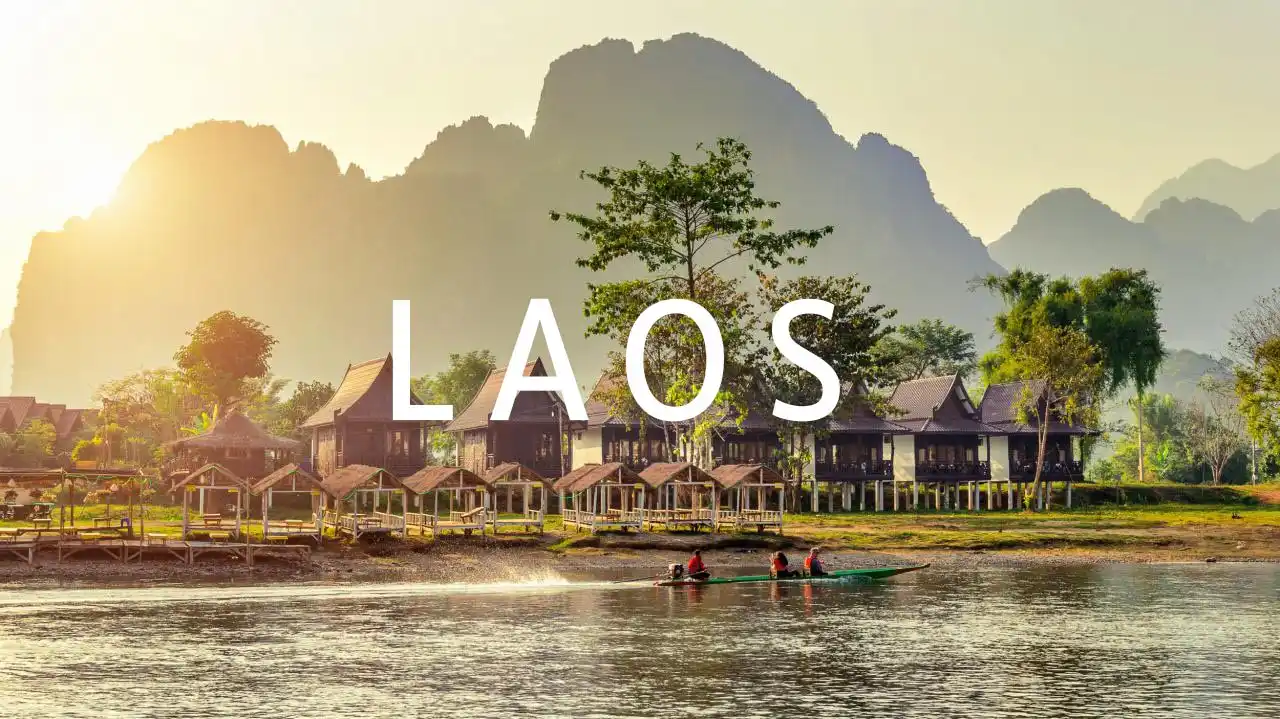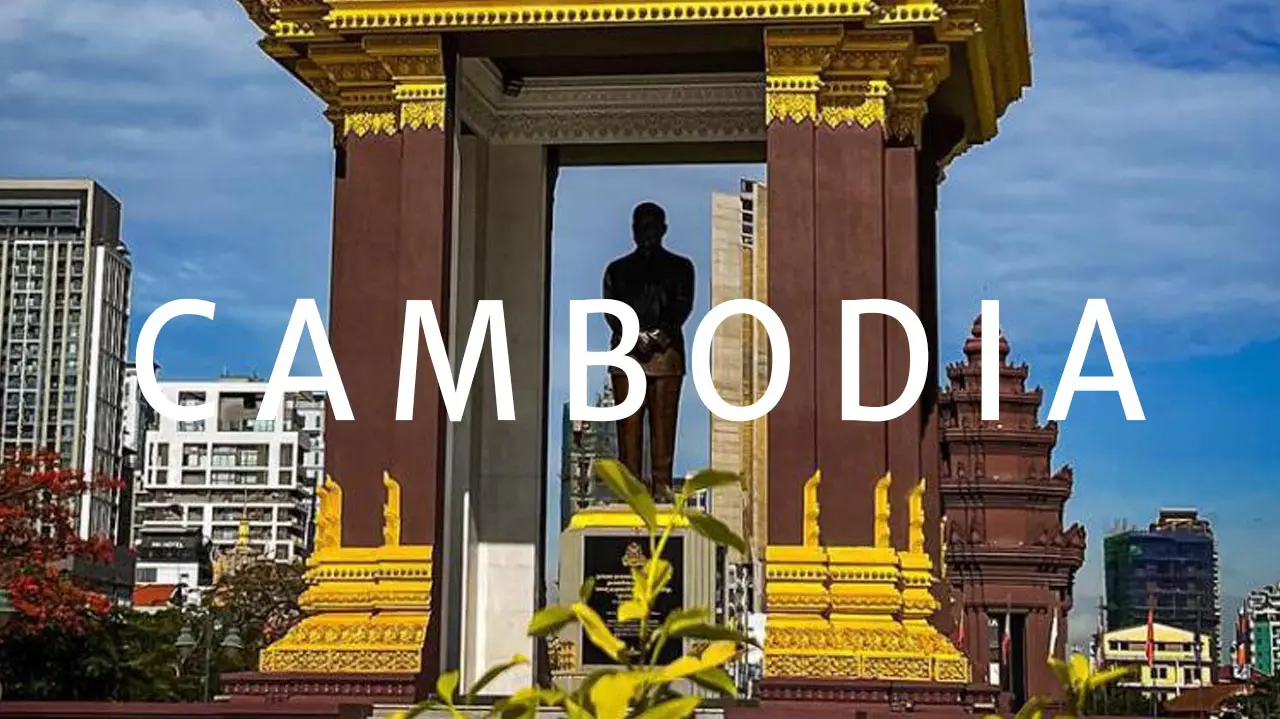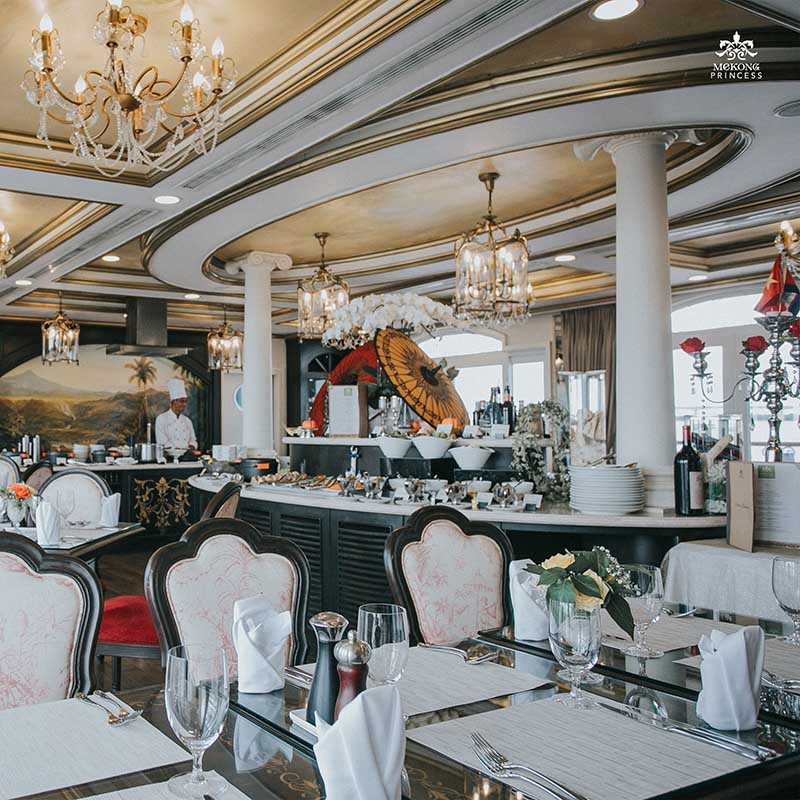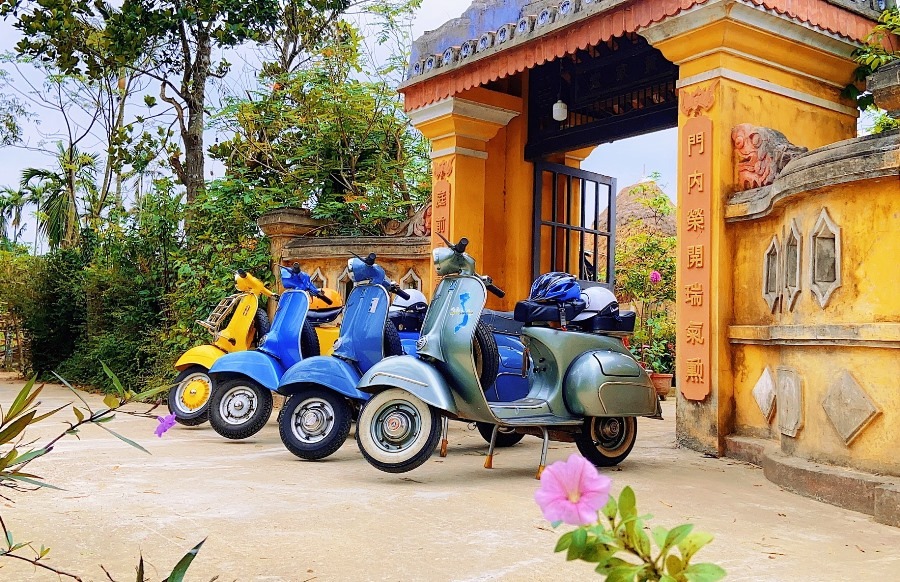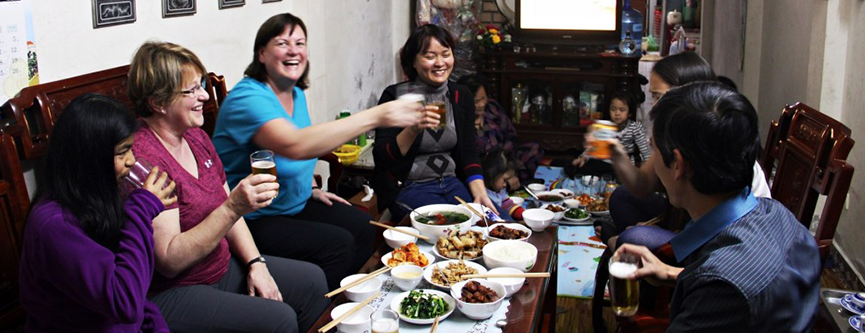The rise in global awareness about sustainability has influenced many aspects of travel, including the choice of lodgings. Sustainable Hotels, or eco friendly accommodations, offer travelers a way to reduce their environmental footprint while enjoying a comfortable and enriching stay.
But how do you identify a genuinely sustainable place to stay? This guide from Travel Sense Asia will help you know how to choose eco-friendly accommodations successfully.
1. What is an eco-friendly accommodation?
An eco-accommodation is a lodging facility that prioritizes sustainability in its design, operations, and guest offerings. These establishments aim to minimize their environmental impact while fostering a connection with local communities and ecosystems. Below are the core elements that define an eco-accommodation:
Eco-accommodations implement a variety of practices to ensure their operations are environmentally friendly. Energy efficiency is often a primary focus, with the use of renewable energy sources like solar or wind power and energy-saving technologies such as LED lighting and automated systems to reduce consumption. Water conservation efforts are also very important, when considering sustainable practices, to choose an eco friendly accommodations. They may include low-flow fixtures, water recycling systems, and rainwater harvesting to minimize waste.
Equally important is Waste management, where recycling programs, composting, and the reduction of single-use plastics are employed to limit the amount of waste sent to landfills. In natural settings, eco-accommodations prioritize biodiversity, taking care to operate harmoniously within ecosystems by avoiding harmful practices like deforestation.
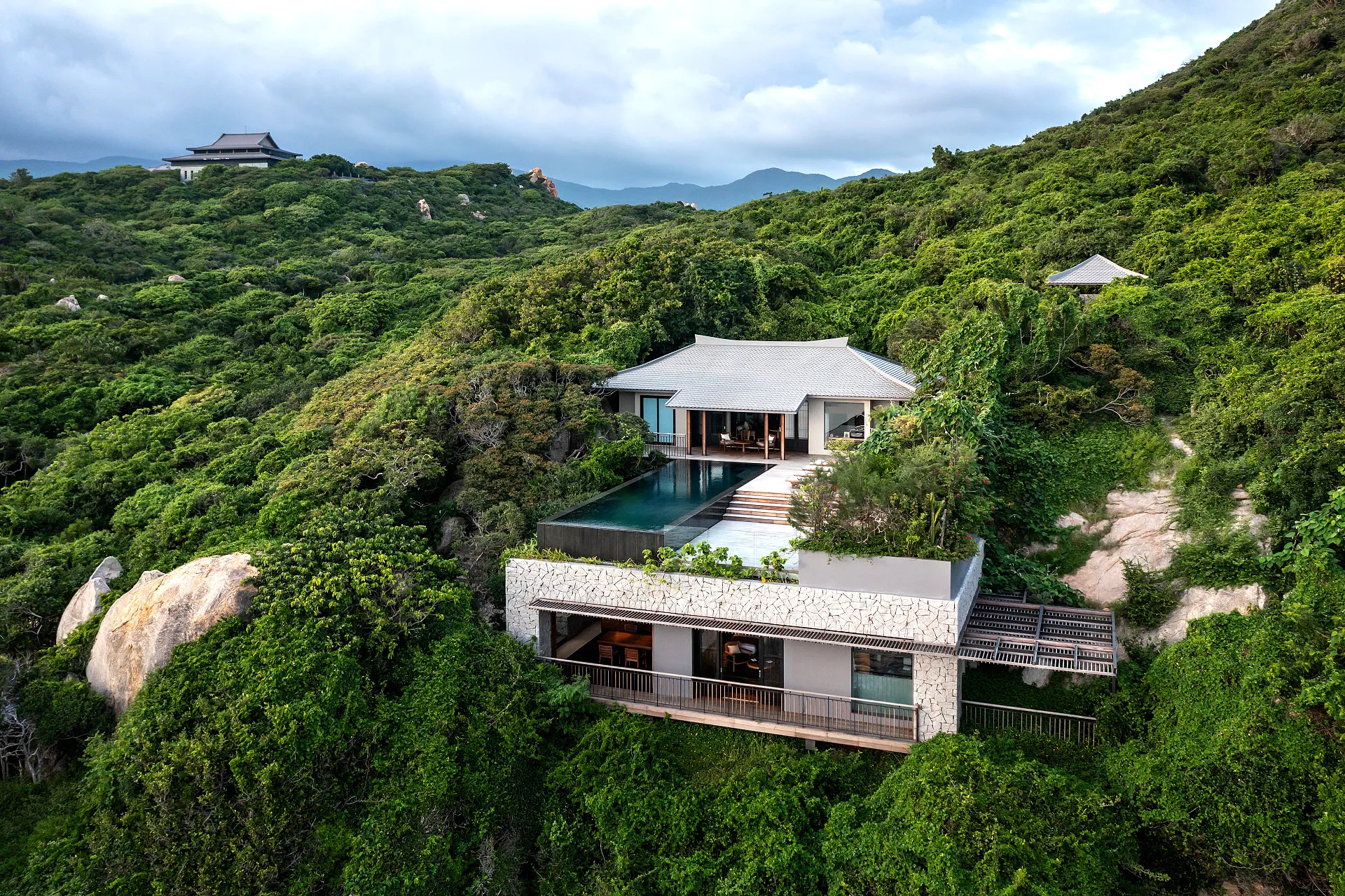
Source | Amanoi, Ninh Thuan – Vietnam
Environmental and Social Campaigns
Many eco-friendly accommodations go beyond operational sustainability to engage in broader social and environmental campaigns. They might partner with local communities to promote cultural preservation or support initiatives like tree planting, wildlife conservation, or beach clean-ups. By fostering environmental awareness among guests and contributing to community welfare, these establishments ensure their positive influence extends beyond their premises.
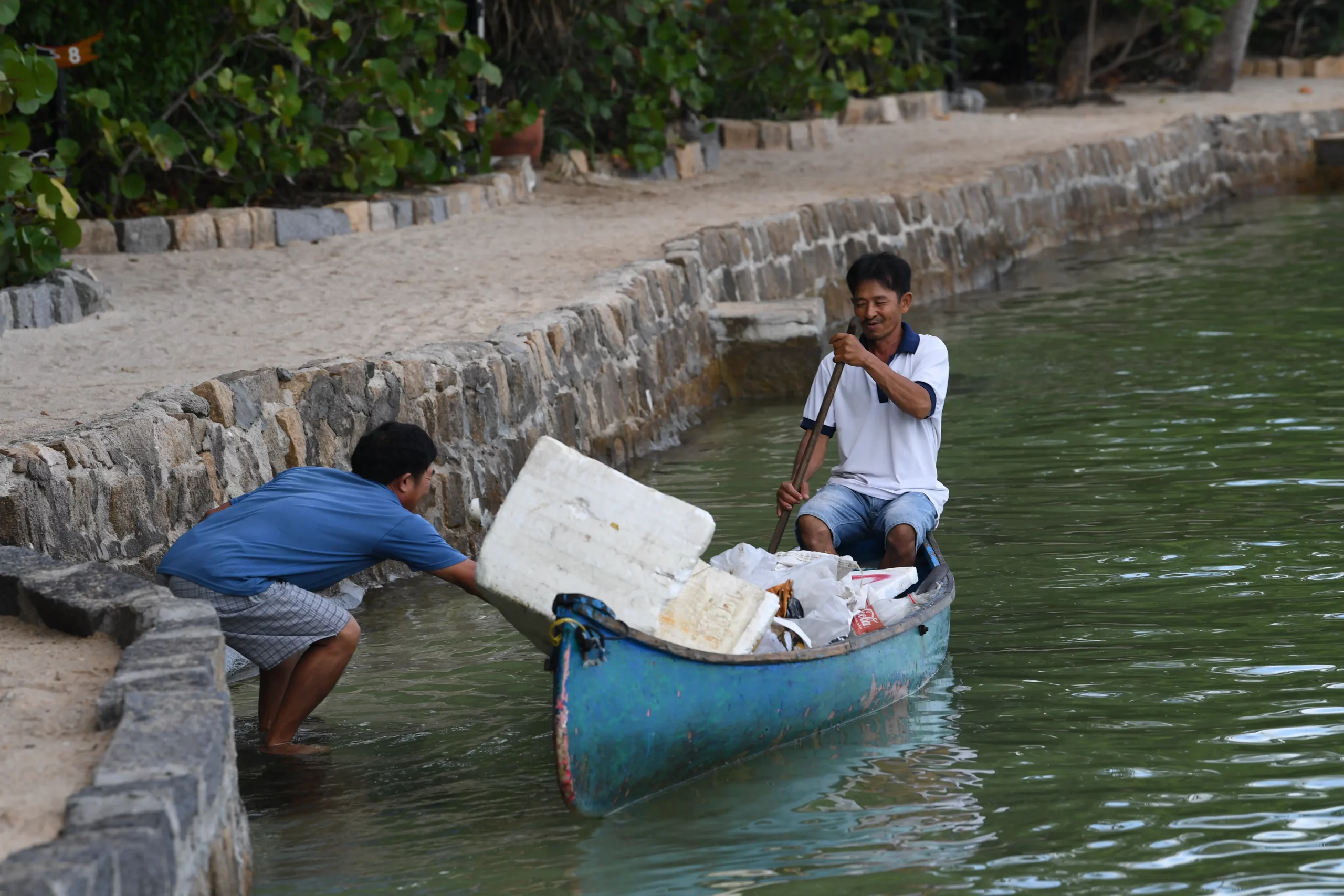
Source | Whale Island Resort, Khanh Hoa – Vietnam
Sustainable Design
The architecture and design of eco-friendly accommodations play a significant role in reducing their environmental footprint. Structures are often built using sustainable materials such as reclaimed wood, bamboo, or recycled steel. These materials are not only durable but also minimize the need for new resource extraction. In addition, designs typically incorporate energy-efficient layouts, such as natural ventilation systems and abundant natural light, to reduce dependence on artificial energy sources.

Source | Panhou Retreat, Ha Giang – Vietnam
2. How to find an eco-friendly accommodations?
With the growing demand for sustainable travel, more establishments are branding themselves as eco-friendly. However, not all of these claims are genuine. To avoid falling for greenwashing, consider these strategies when selecting an eco-accommodation.
Look for reputable sustainable certifications
One of the most reliable ways to identify a true eco-accommodation is to check for reputable sustainability certifications. Organizations like B-Corp and Travelife hold accommodations to rigorous environmental and social standards. These certifications are awarded only after thorough audits that ensure compliance with specific criteria. By choosing accommodations certified by such organizations, you can rest assured that their commitment to sustainability is legitimate.
When evaluating certifications, do some research on the certifying body. Avoid relying on accommodations boasting obscure or self-created certifications, as these may lack credibility. Genuine certifications often include details of the criteria and audits on their official websites, giving you a clearer picture of what they stand for.
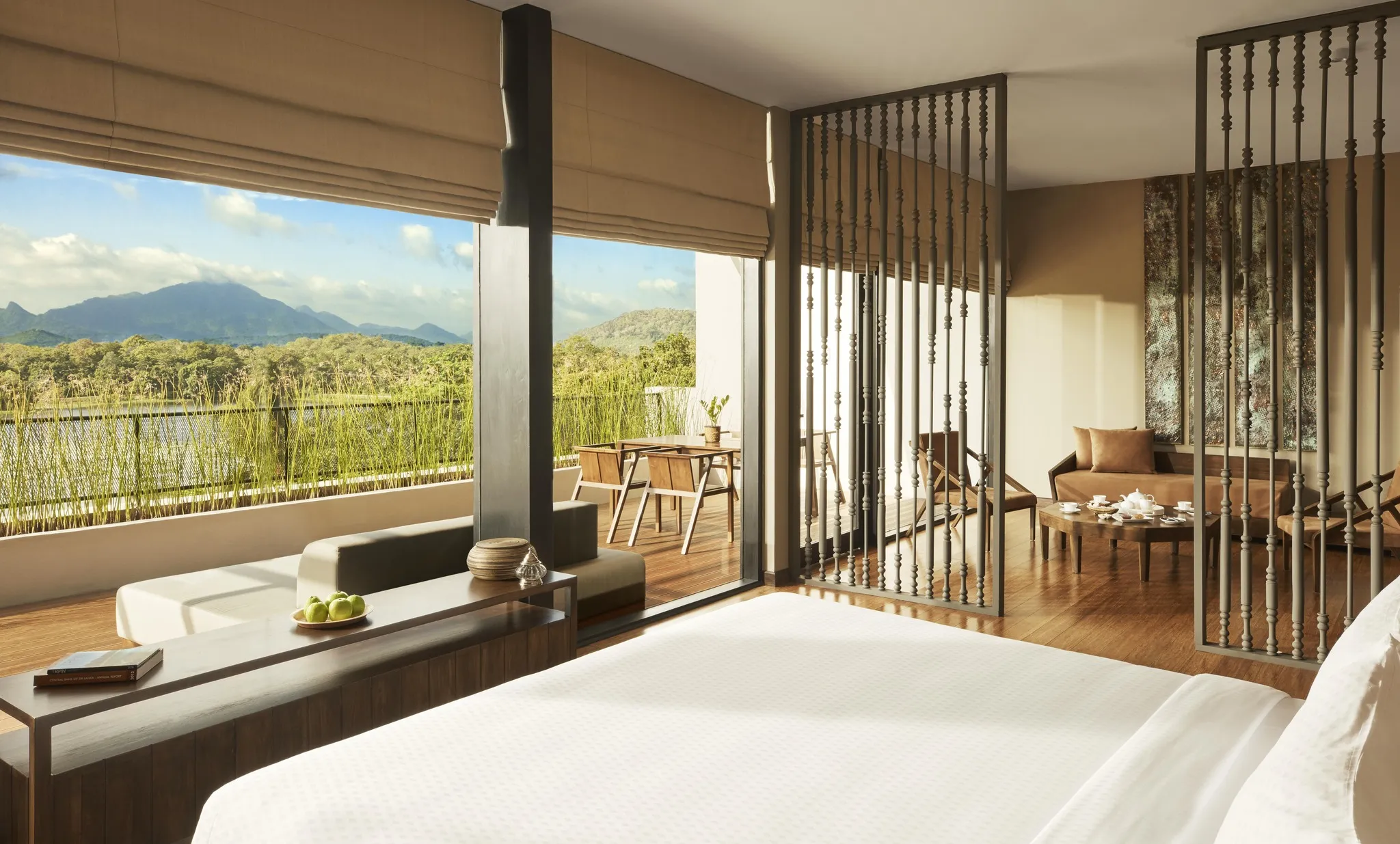
Source | Jetwing Lake, Dambulla – Sri Lanka
Find alternatives to large hotel chains
While some large chains are taking steps toward sustainability, many are unable to achieve the same level of environmental consciousness as smaller, locally run establishments.
Community-Based Tourism (CBT) guesthouses and independent eco-resorts are often better choices than large hotel chains. These smaller accommodations tend to have deeper connections to the local community and environment, offering authentic experiences while supporting sustainable practices. CBT guesthouses, in particular, are managed by locals and frequently reinvest their profits into community development projects, making your stay a direct contribution to the well-being of the region.

Source | Panhou Retreat, Ha Giang – Vietnam
Review the hotel’s sustainability report
Some eco-accommodations publish detailed sustainability reports outlining their environmental and social initiatives. These reports can provide insights into their energy use, water conservation strategies, waste reduction practices, and community involvement. Reading these documents will help you determine whether the accommodation is truly sustainable or merely using eco-friendly terminology as a marketing tool.
If a sustainability report is unavailable, check the hotel’s website or contact them directly to ask about their green initiatives. Transparent establishments will gladly share details about their efforts to protect the environment.
Consider guest reviews
Guest reviews are an invaluable resource for gauging the authenticity of an eco-accommodation. Websites like Tripadvisor, Trustpilot, or dedicated sustainable travel forums often include firsthand accounts from travelers. Guests often share honest impressions of whether a property is genuinely eco-friendly or simply capitalizing on the term.
Reading reviews also helps you understand what to expect in terms of comfort, amenities, and service quality. A truly sustainable accommodation strikes a balance between eco-consciousness and guest satisfaction.
Seek guidance from responsible travel agencies
If you’re unsure how to identify eco-accommodations, consulting a travel agency specializing in responsible tourism can be incredibly helpful. These professionals are experienced in crafting travel plans that align with sustainable practices. They often collaborate with eco-friendly accommodations, providing trustworthy recommendations tailored to your preferences and budget.
Did you know?
Travel Sense Asia is proud to be among the agencies committed to offering environmentally and socially sustainable tourism products. Through our network of eco-friendly accommodations, including Panhou Retreat and Whale Island Resort, we strive to promote sustainability while supporting local communities. Let us help you design a travel itinerary that aligns seamlessly with sustainable travel principles, right here.
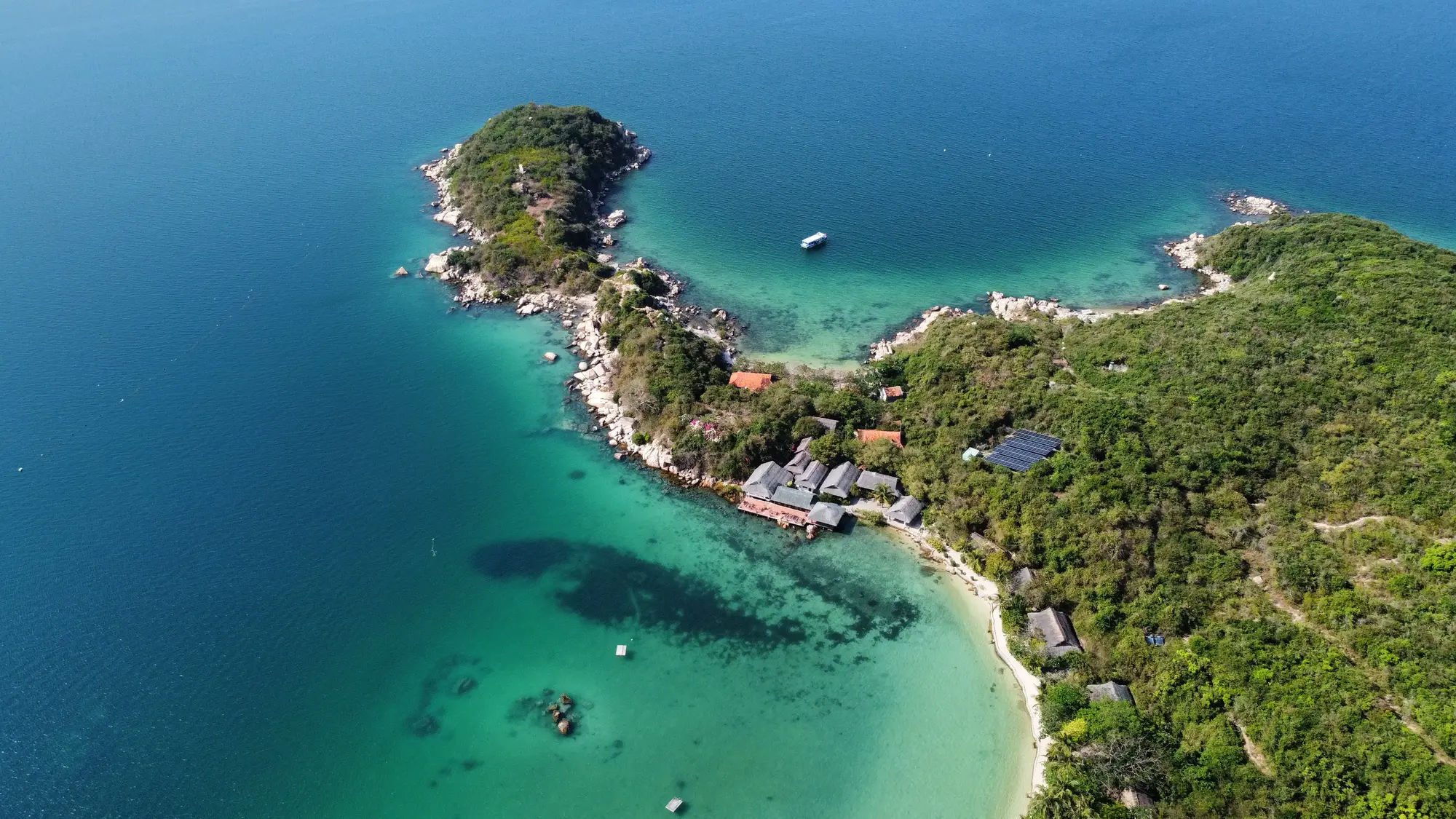
Source | Whale Island Resort, Khanh Hoa – Vietnam
Conclusion
Selecting eco-friendly accommodations is more than just a personal preference – it’s a powerful way to drive change in the travel industry. By prioritizing sustainability in your travel decisions, you encourage businesses to adopt greener practices and demonstrate that eco-conscious travelers are a growing demographic.
So, the next time you plan a trip, take the time to choose accommodations that respect the environment and contribute positively to the local community. Your journey can be a force for good, both for you and the planet.



